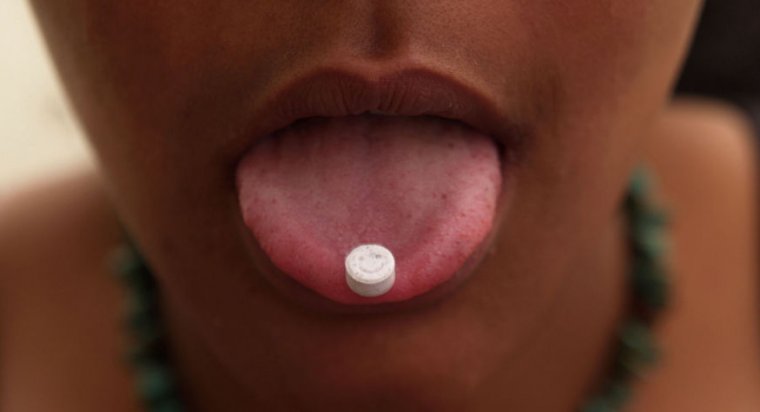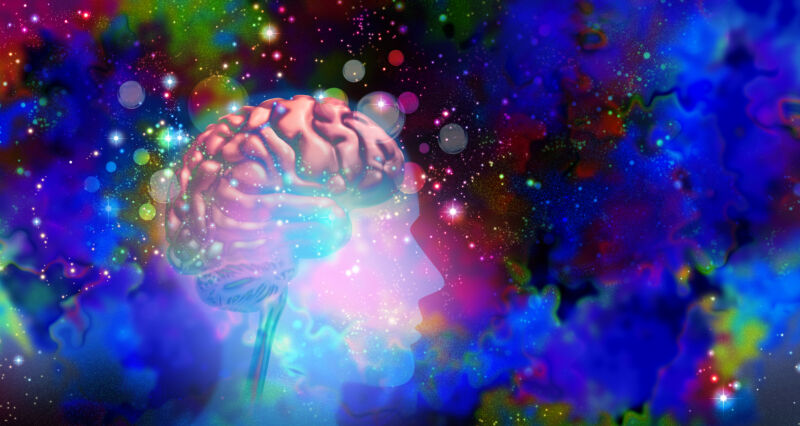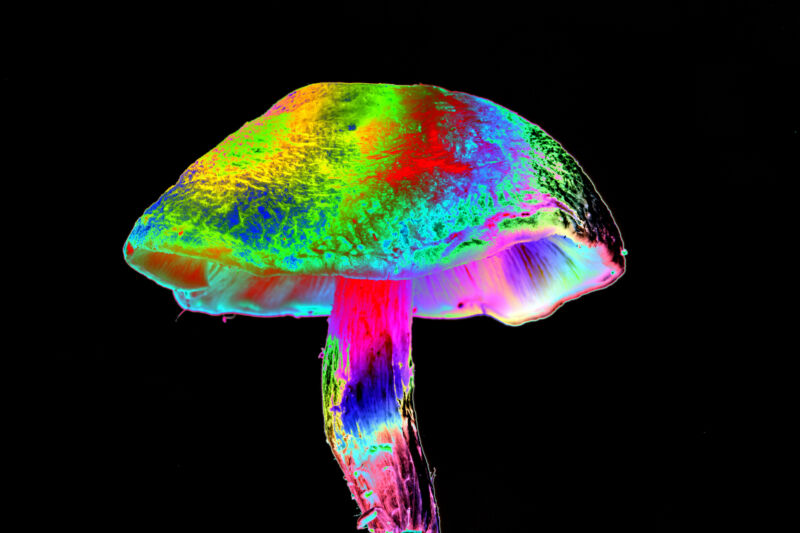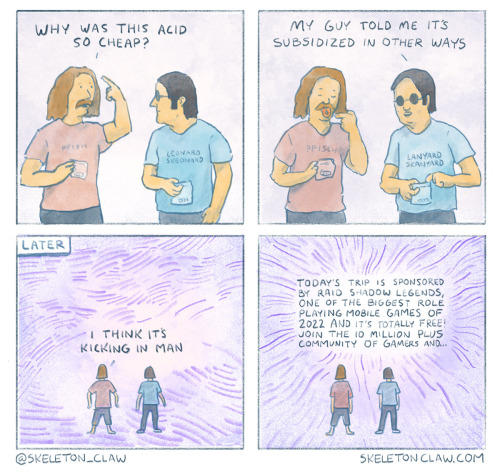-
 chevron_right
chevron_right
MDMA—aka ecstasy—submitted to FDA as part of PTSD therapy
news.movim.eu / ArsTechnica · Thursday, 14 December - 22:57

Enlarge / Girl with an ecstasy tablet on her tongue. (credit: Getty | UniversalImagesGroup )
A corporation dedicated to studying the benefits of psychedelic drugs filed an application with the Food and Drug Administration this week for approval to use MDMA—aka ecstasy or molly—in combination with talk therapy to treat post-traumatic stress disorder.
If approved, it would be the first-of-its-kind combination treatment—a psychedelic-assisted therapy. An approval would also require the Drug Enforcement Administration to reclassify MDMA, which is currently in the DEA's most restricted category, Schedule I, which is defined as drugs "with no currently accepted medical use and a high potential for abuse." The category also includes LSD, heroin, and marijuana.
The public benefit corporation (PBC) that filed the FDA application was created by MAPS, The Multidisciplinary Association for Psychedelic Studies, which has been supporting this type of work since 1986. The application is based on positive data from two randomized, double-blind, placebo-controlled Phase III studies, which were funded and organized by MAPS and MAPS PBC.



